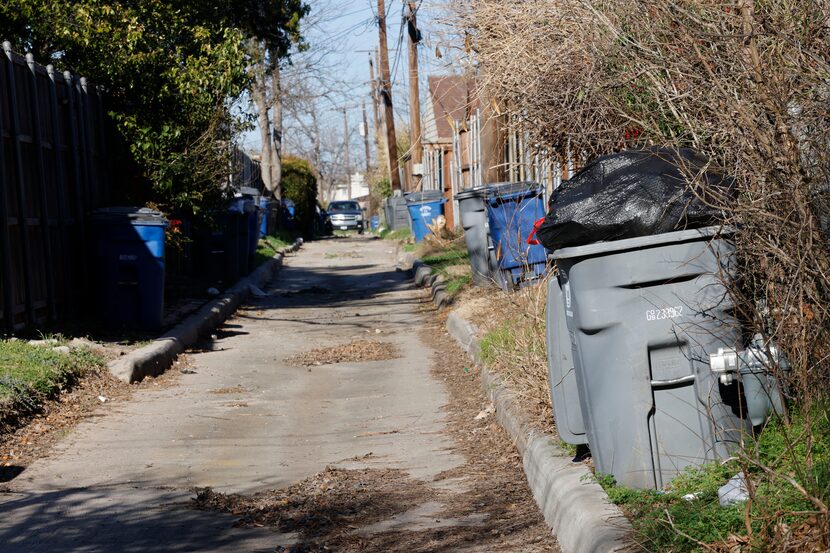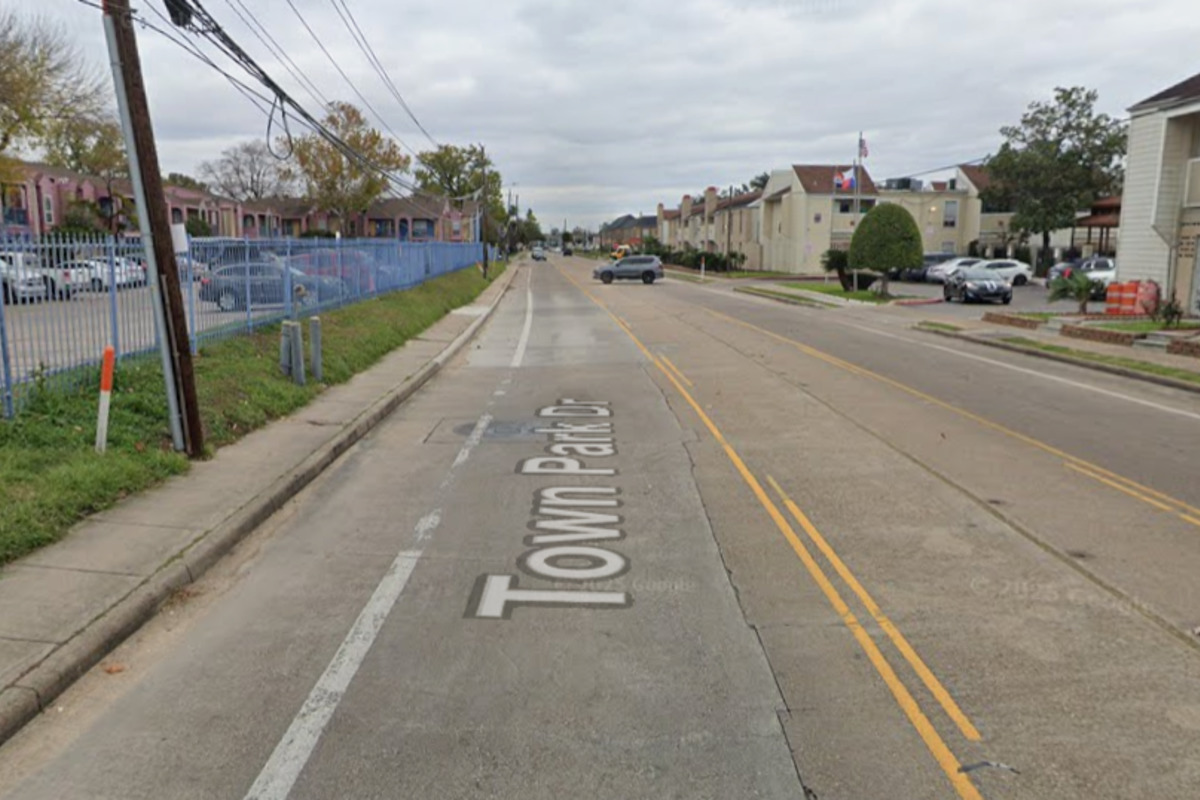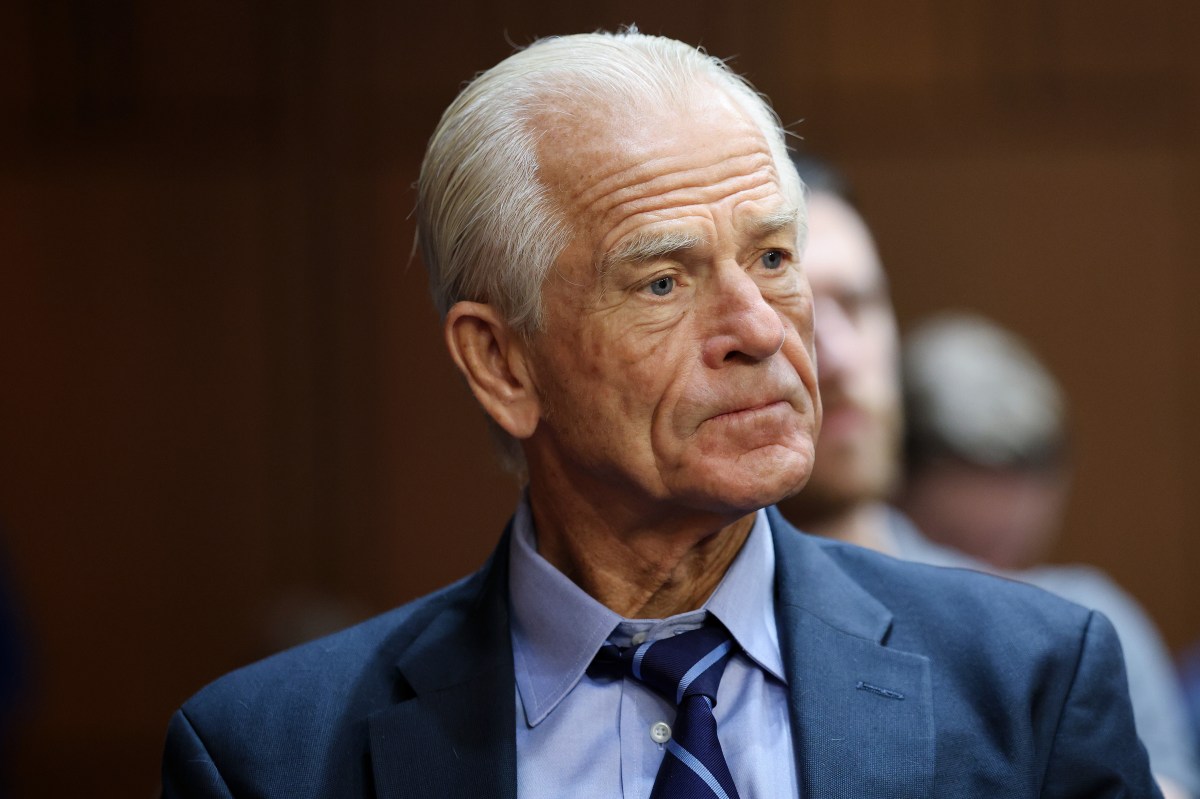UPDATE: Dallas is on the brink of a significant shift in its waste management strategy as city officials explore **outsourcing trash collection** to private operators. This urgent development comes amid growing concerns over the proposed plan to eliminate **alley trash pickup**, a service that affects **95,000 households** across the city.
In a recent meeting with the Keep Alley Trash Neighborhood Coalition, Dallas City Manager **Kimberly Bizor Tolbert** received compelling feedback advocating for this change. The coalition argues that outsourcing could enhance service quality and relieve the city’s financial strain, while also preserving essential alley pickups for residents.
Why it matters NOW: Current plans threaten to transfer the burden of trash collection onto residents, requiring them to haul bins to streets fraught with safety hazards. The coalition believes that involving private contractors—like **Republic Services** and **Waste Management**—could alleviate these issues. Cities across North Texas, including **Fort Worth** and **Richardson**, have successfully adopted similar models, demonstrating improved efficiency and cost savings.
Data from **Toledo, Ohio**, highlights the potential benefits: after outsourcing its trash collection in **2011**, the city saved **$6 million annually**, significantly reducing service complaints. This trend is not isolated; cities like **Charlotte, N.C.**, have implemented hybrid models that promote accountability and efficiency by allowing private contractors to compete with city services.
Recent statistics show that private firms report lower OSHA injury rates—**2.8** and **3.08** for Republic Services and Waste Management respectively—well below the industry average of **4.4**. This raises serious questions about safety and the city’s current operational challenges.
What’s next: As the city considers its options, officials are urged to conduct an independent analysis comparing the costs and benefits of in-house versus outsourced services. Key areas for evaluation include:
– **Cost comparisons**: Analyzing capital and operational expenses.
– **Safety data**: Gathering performance metrics from both city and private haulers.
– **Service quality**: Assessing customer satisfaction levels.
– **Equity impacts**: Evaluating how changes affect vulnerable populations, including seniors and those with disabilities.
The coalition argues that outsourcing is not a matter of cutting services but enhancing them. By investing in private firms that prioritize safety and efficiency, Dallas could ensure that all residents, regardless of their living situation, receive equitable service.
The urgency of this proposal aligns with **Dallas**’s ongoing budget challenges and the pressing need for a sustainable waste management solution. As discussions progress, community leaders and residents alike are keen to see how the city will respond to these proposals.
Dallas stands at a crossroads where innovation, fiscal responsibility, and community welfare must converge. If city officials are serious about improving service and safety, embracing outsourcing as an effective strategy could be the key to building a fairer, smarter future for all residents.
Stay tuned for updates as Dallas weighs its options on this pivotal issue.







